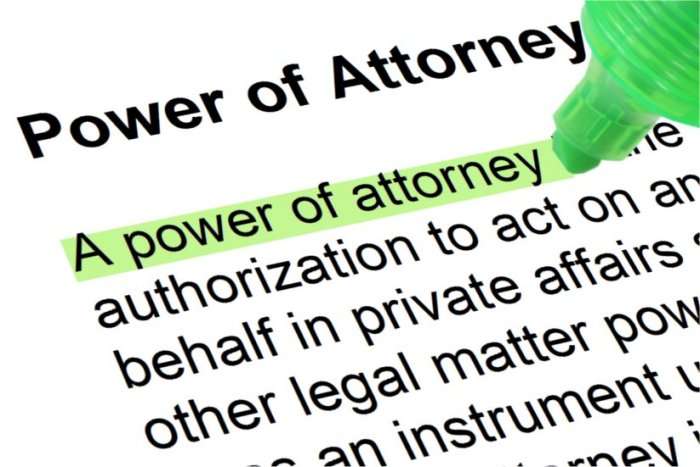Most people recognize that a Financial Power of Attorney (PoA) is a critical part of a complete estate plan. While a Last Will and Testament describes the distribution of your estate after you have passed away, the financial Power of Attorney allows you to give somebody to power to handle your business affairs if you are incapacitated or otherwise unable to take care of your finances yourself. This article discusses the implications of creating a Financial PoA. Keep in mind that we are not dealing with a healthcare PoA in this article which is an entirely different document.

Background to the Financial Power of Attorney
A financial PoA allows you (the grantor, principal or donor) to grant power to another person (the attorney-in-fact or agent) to handle specific or general financial tasks under defined circumstances. This gives rise to the different types of financial PoA; they can be “special” or “limited” if they grant specific powers to the agent, or you can create a “general Power of Attorney” if the powers are not to be restricted.
There are three types of general PoA Continue reading →